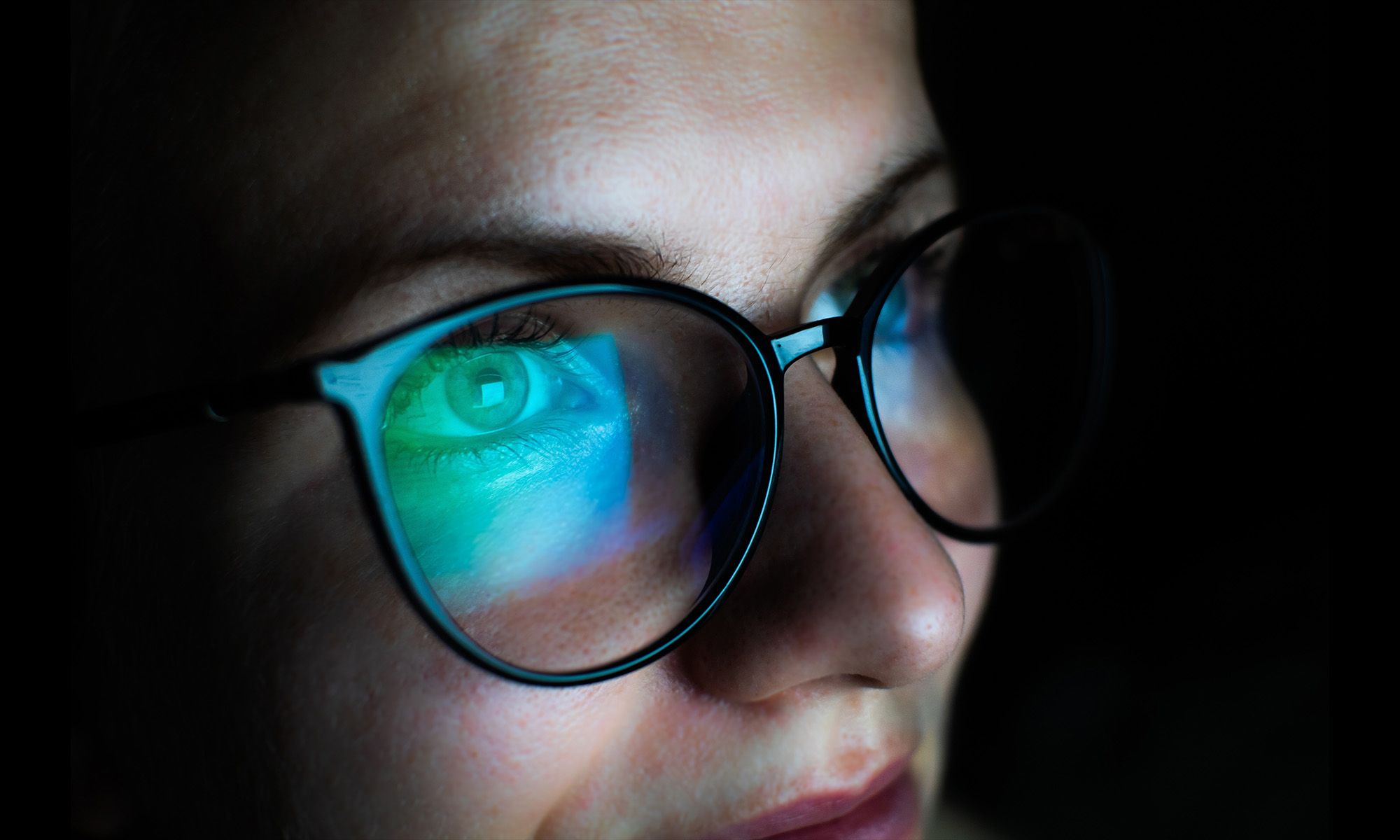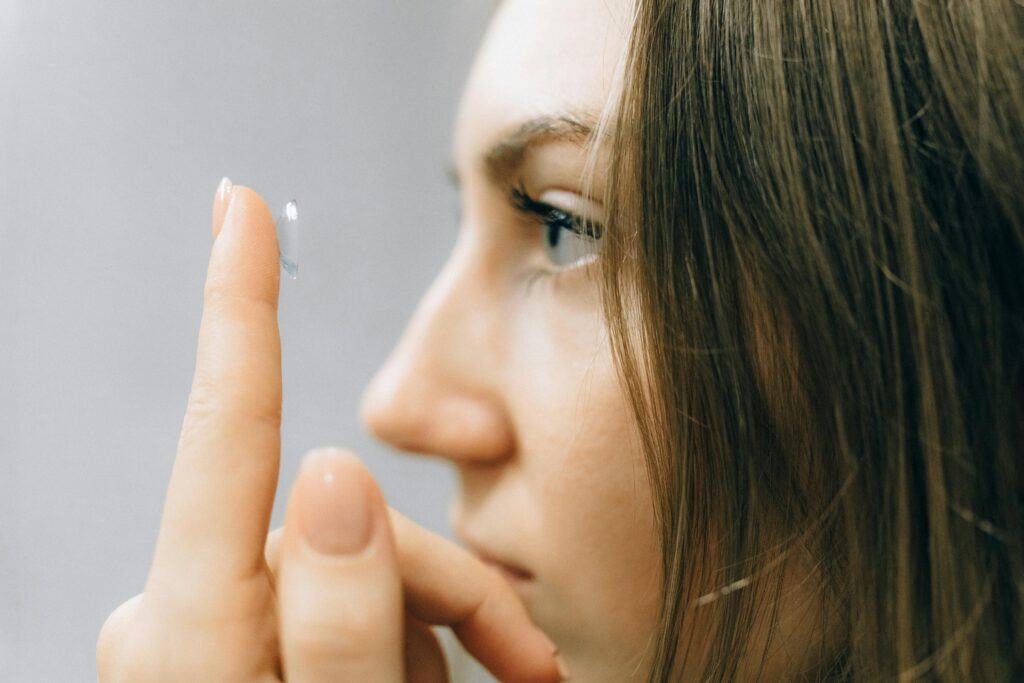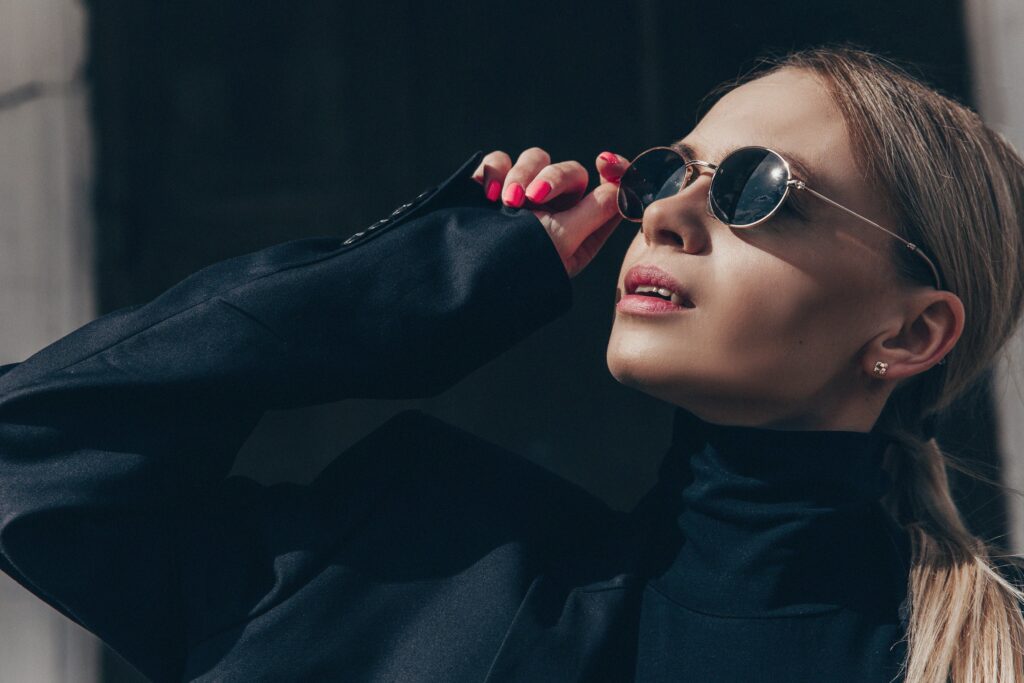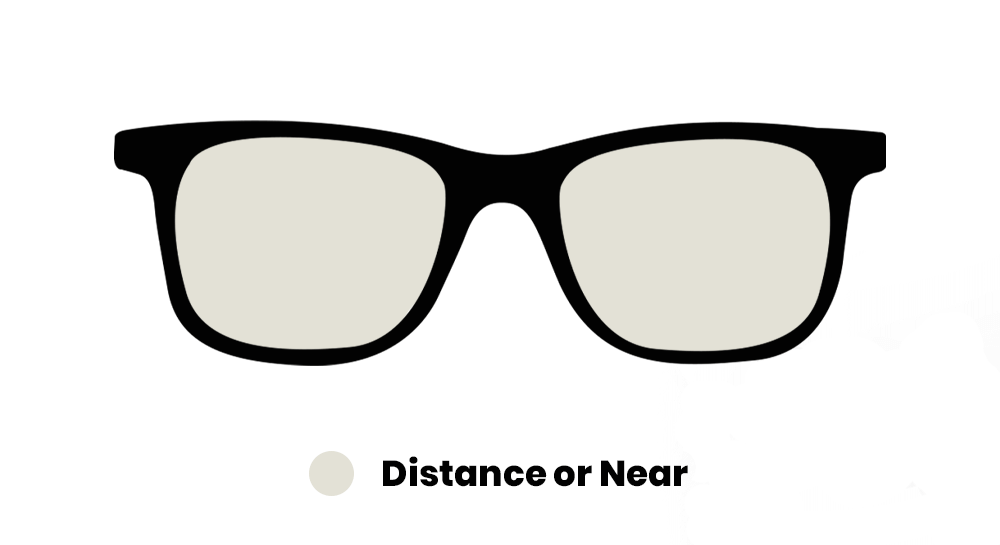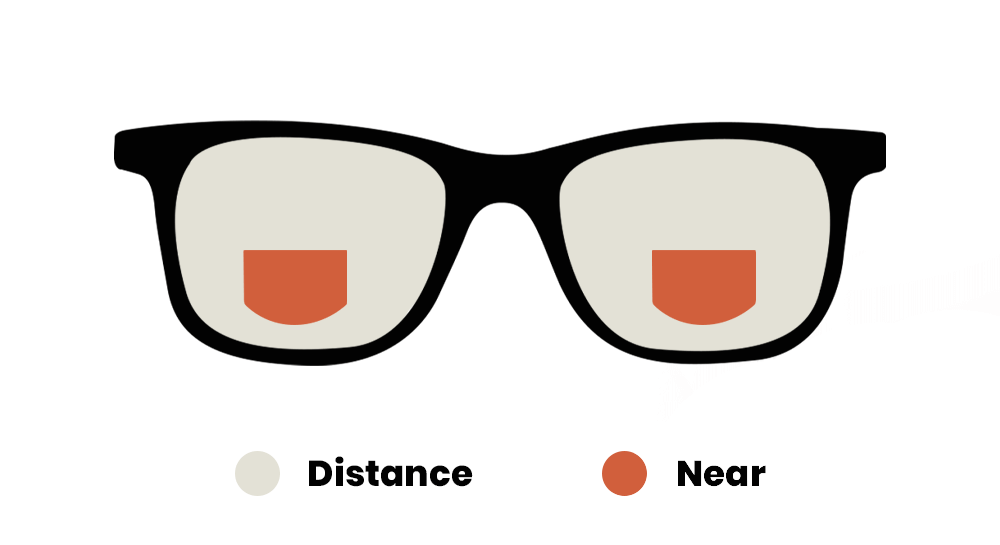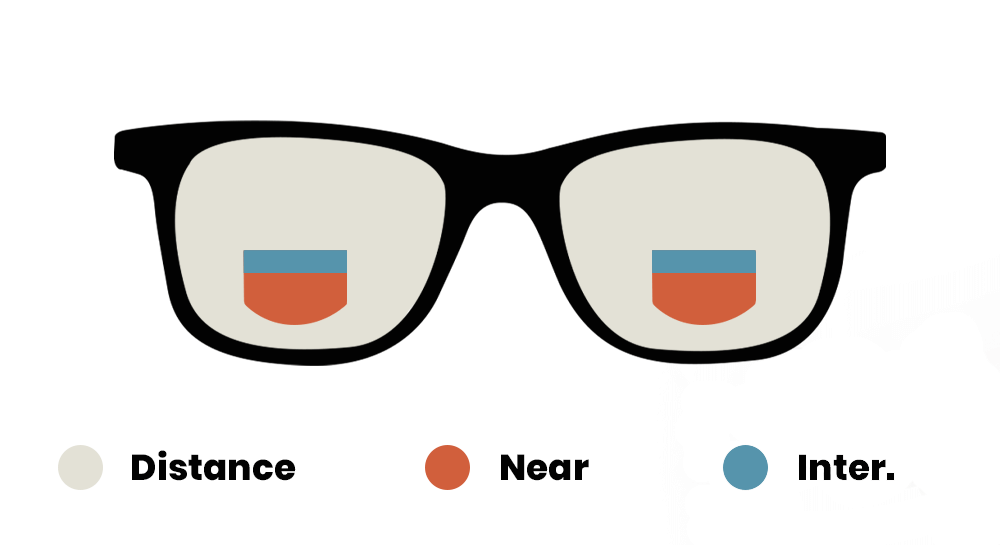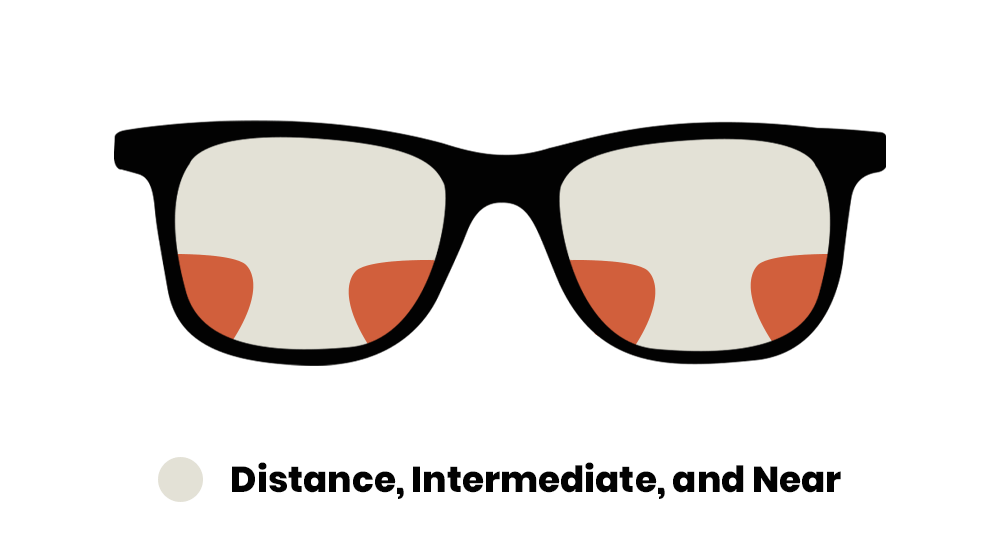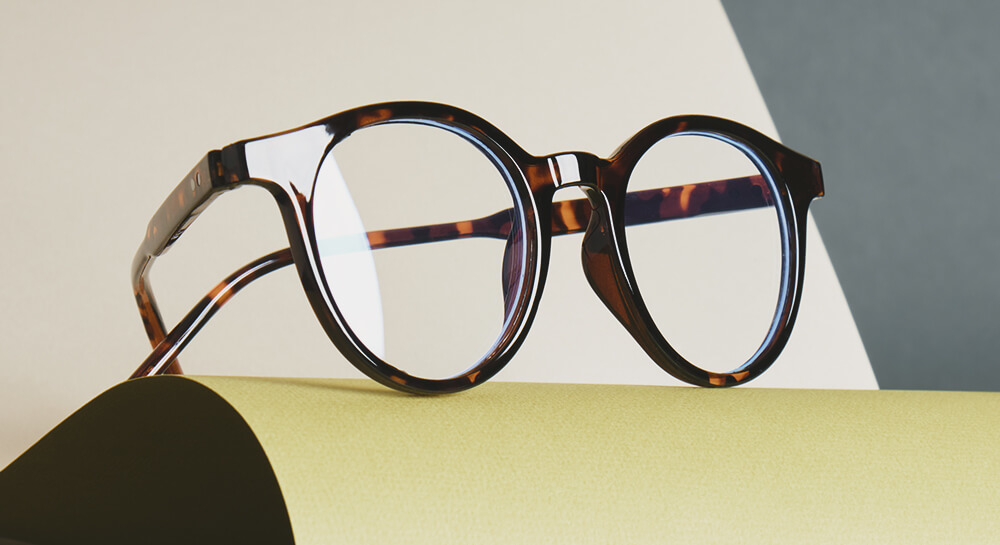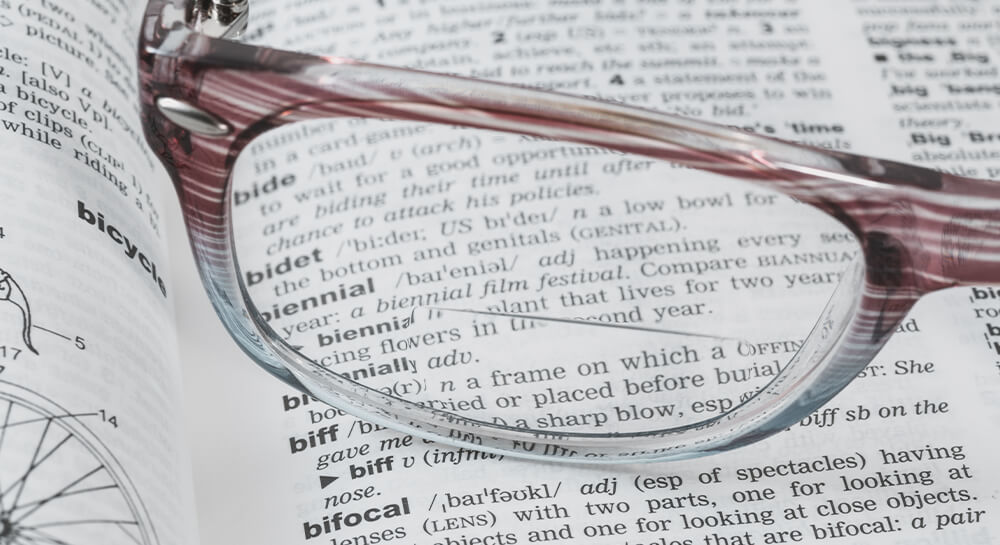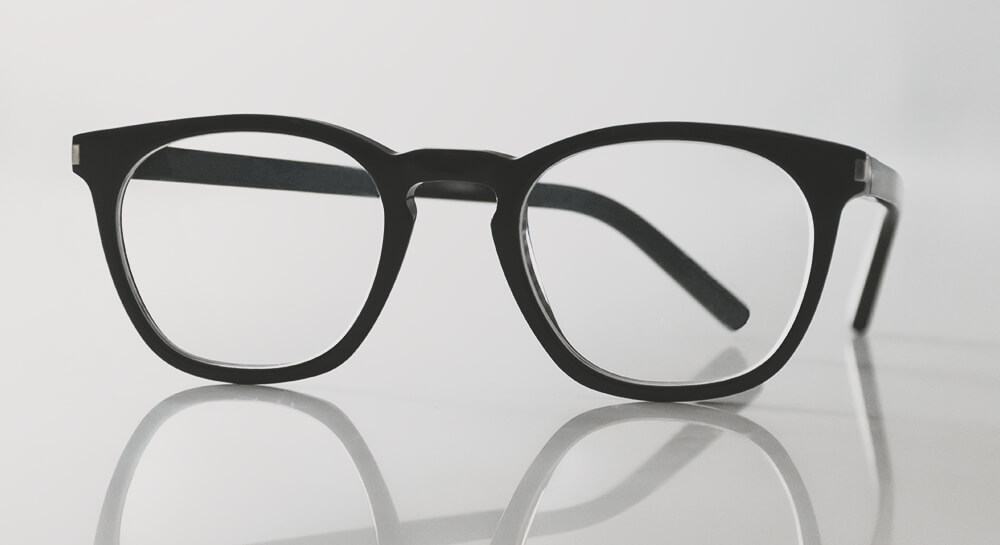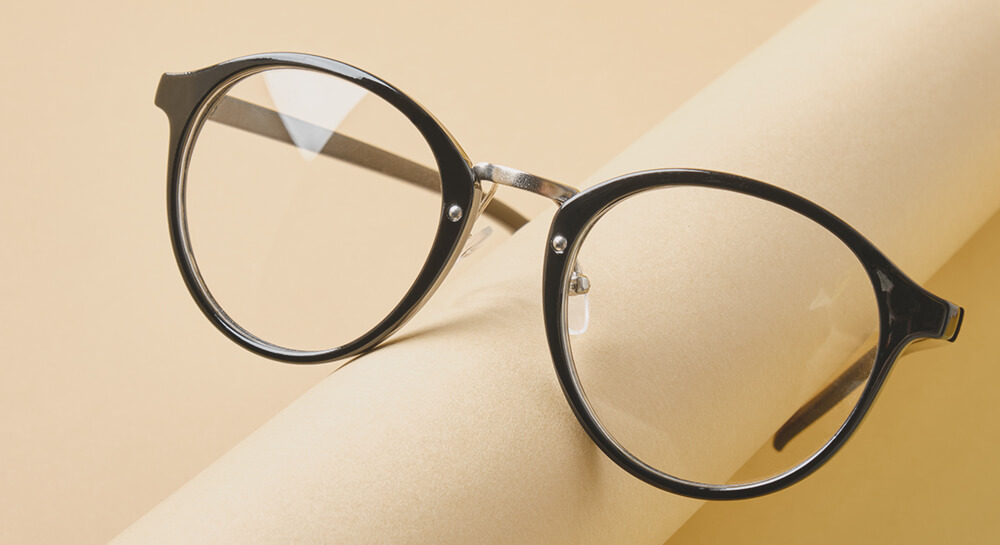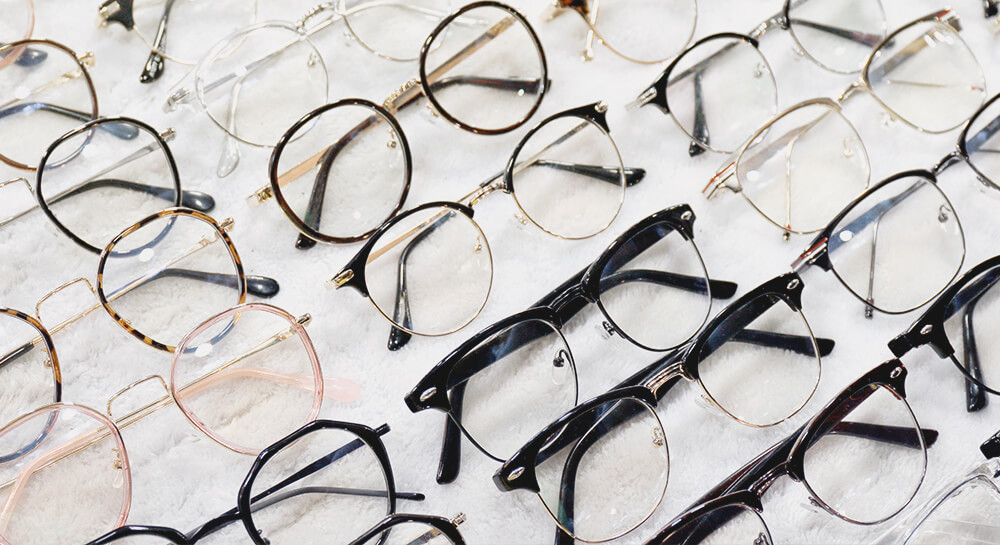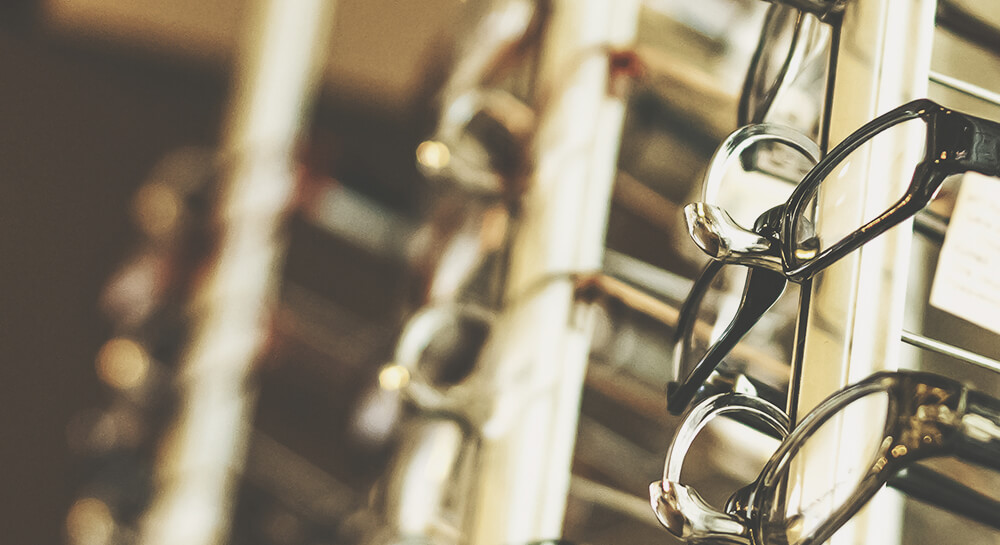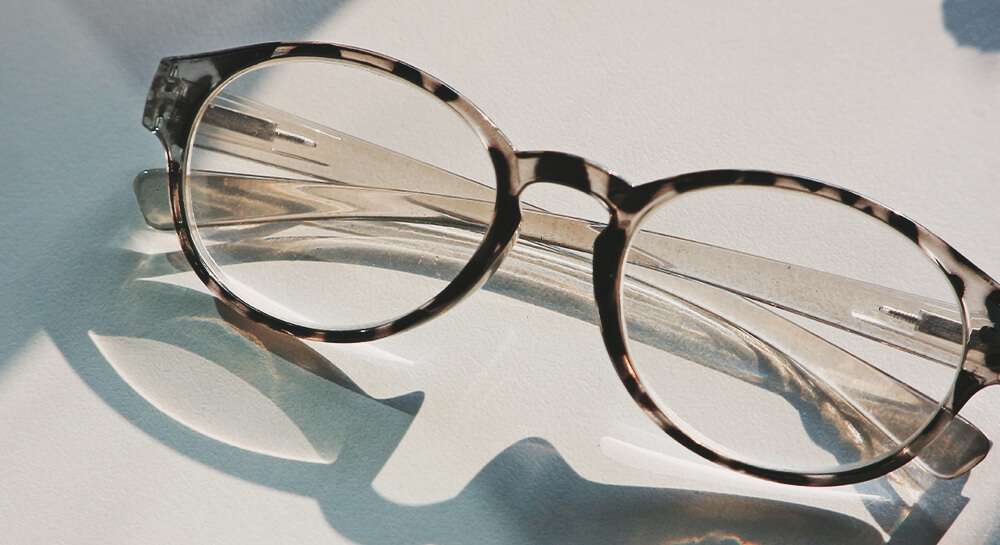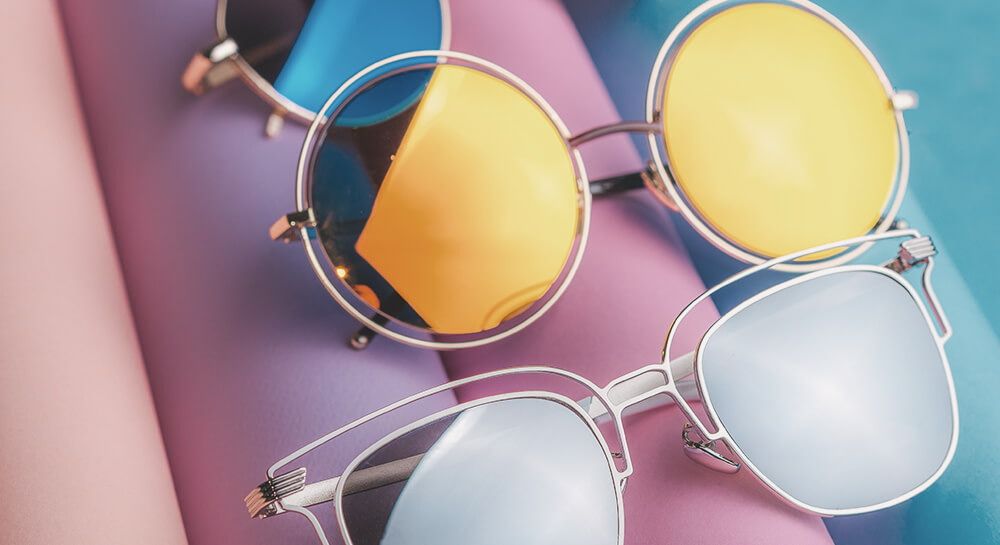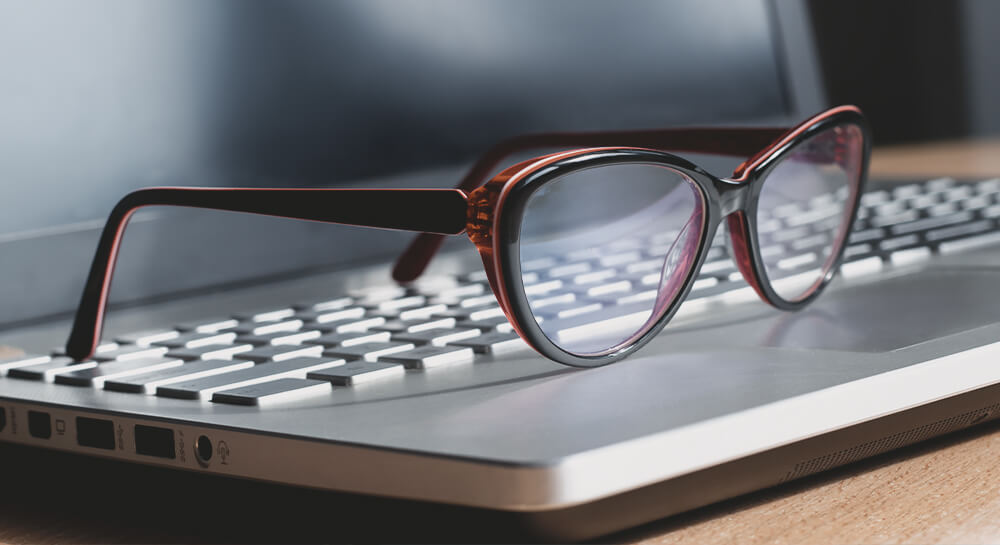With screen time at an all-time high, demand for blue light glasses has surged. Marketed as tools to reduce eye strain, improve sleep, and protect eye health, blue light glasses are popular among heavy screen users. But how effective are they? Here’s a closer look at blue light, claims about these glasses, and what scientific research reveals.
What is Blue Light?
Blue light is a high-energy, short-wavelength light on the visible spectrum. Found naturally in sunlight, it’s also emitted by screens, LED lights, and fluorescent lighting. Blue light penetrates deeply into the eye, reaching the retina, which raises questions about its impact on eye health, particularly with prolonged exposure from digital devices.
Why Does Blue Light Cause Concern?
Modern screens emit a significant amount of blue light, leading to concerns about eye strain, sleep disruption, and long-term eye health. This has driven the popularity of blue light glasses, which claim to filter out this type of light. Examining the science behind blue light glasses reveals mixed results.
Common Claims About Blue Light Glasses
Blue light glasses are advertised to help with three main issues:
- Reducing Eye Strain: Staring at screens for long periods can cause dry eyes, blurred vision, and headaches, known as digital eye strain (DES) or computer vision syndrome (CVS).
- Improving Sleep Quality: Blue light exposure, particularly in the evening, suppresses melatonin, the hormone that regulates sleep, potentially causing sleep disruptions.
- Protecting Long-term Eye Health: Some suggest that prolonged blue light exposure may damage the retina, increasing the risk of macular degeneration.
Research on these claims shows varied results, making it essential to look closely at the evidence.
Do Blue Light Glasses Reduce Digital Eye Strain?
Digital eye strain is a common issue for screen users, resulting in symptoms like tired eyes, headaches, and blurred vision. Blue light glasses claim to alleviate this strain, but research provides a mixed view:
- Scientific Findings: A 2021 study in The American Journal of Ophthalmology found no significant reduction in eye strain symptoms from wearing blue light glasses. The study indicated that screen glare, prolonged focus, and reduced blinking contribute more to digital eye strain than blue light exposure alone.
- Effective Solutions for Eye Strain: Experts recommend adjusting screen brightness, using anti-glare filters, and practicing the 20-20-20 rule: every 20 minutes, look at something 20 feet away for 20 seconds. Proper posture, screen positioning, and taking breaks can also reduce strain.
Takeaway: Blue light glasses may offer slight relief for some users but aren’t a cure for digital eye strain. Simple screen habit adjustments are often as effective or more.
Can Blue Light Glasses Improve Sleep?
The link between blue light and sleep disruption is well-documented. Blue light exposure in the evening can interfere with melatonin production, delaying sleep. Here’s how blue light glasses may help:
- Melatonin and Sleep: A 2018 study in The Journal of Adolescent Health found that wearing blue light glasses for two hours before bed increased melatonin levels and improved sleep onset. This suggests blue light glasses may help users who experience trouble sleeping after evening screen time.
- Device Settings: Many devices now include “Night Mode” or “Blue Light Filter” settings, which reduce blue light emissions in the evening. Using these settings with blue light glasses may further reduce evening light exposure for those who are sensitive to blue light.
Takeaway: Blue light glasses may support sleep improvement by minimizing melatonin disruption for people who use screens before bed. For best results, limit screen time in the hour before bed.
Do Blue Light Glasses Prevent Long-Term Eye Damage?
A more controversial claim is that blue light glasses protect against retinal damage, potentially reducing the risk of eye diseases like macular degeneration. However, research on this is limited:
- Current Evidence on Blue Light and Eye Damage: Research shows that natural blue light sources, such as sunlight, are far more intense than digital screens. The American Academy of Ophthalmology (AAO) states there’s no substantial evidence linking screen-related blue light to retinal damage or increased macular degeneration risk.
- Practical Eye Protection: For those concerned about screen exposure, experts recommend regular eye exams, UV-protective sunglasses outdoors, and frequent screen breaks to avoid eye strain. These measures are more effective for long-term eye health.
Takeaway: No strong evidence supports blue light glasses as a preventive measure for long-term eye damage. However, if they reduce strain or improve sleep, they may still be beneficial for some users.
Who Might Benefit Most from Blue Light Glasses?
Although research on blue light glasses is mixed, specific groups may find them helpful:
- People with Heavy Screen Time: Those spending eight or more hours in front of screens might find subjective relief from using blue light glasses.
- Night-Time Screen Users: For individuals using screens at night, blue light glasses may help reduce sleep disruptions. Paired with dim lighting and screen adjustments, they can minimize sleep interference.
- People with Light Sensitivity: Individuals sensitive to light, such as migraine sufferers, may experience reduced discomfort with blue light glasses.
Alternatives and Complementary Solutions
If you’re unsure about blue light glasses, consider these other eye care practices:
- 20-20-20 Rule: Every 20 minutes, look at something 20 feet away for 20 seconds to reduce eye strain.
- Screen Positioning and Brightness: Adjusting screen height, brightness, and glare can make a big difference.
- Blue Light Filters on Devices: Many devices offer blue light reduction settings that support evening use without glasses.
- Healthy Screen Habits: Limiting screen time before bed, creating a wind-down routine, and taking breaks can help with both eye strain and sleep.
Blue light glasses may provide benefits, particularly for improving sleep and reducing light sensitivity. While they aren’t a cure for digital eye strain or a solution for long-term eye damage prevention, they can be useful for managing screen-related discomfort, especially for those who use screens extensively in the evening. Maintaining healthy screen habits, however, remains the most effective approach for eye health over the long term.






